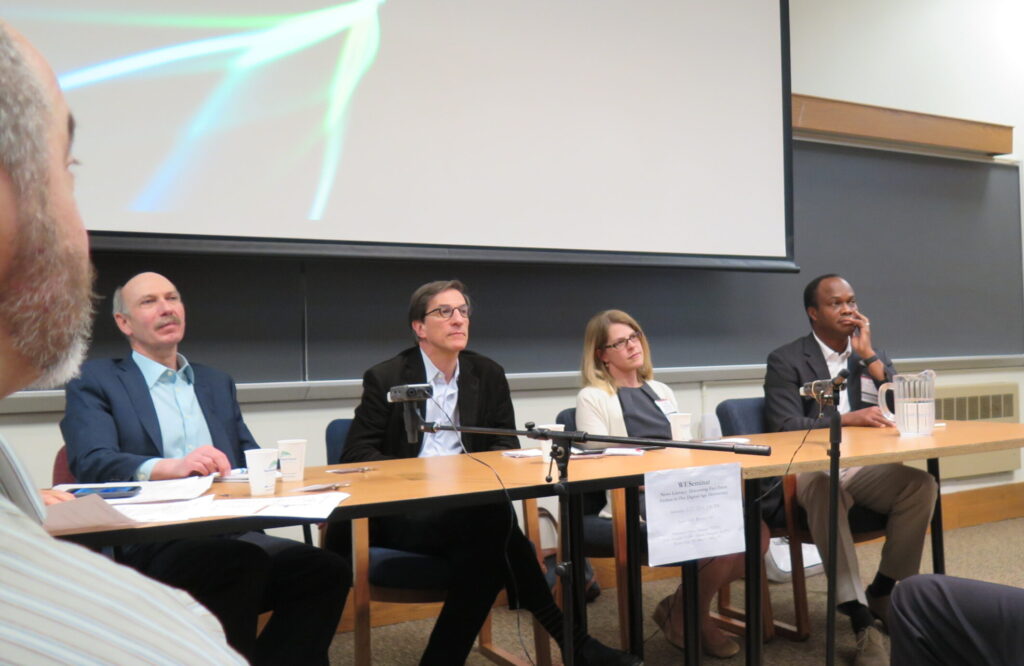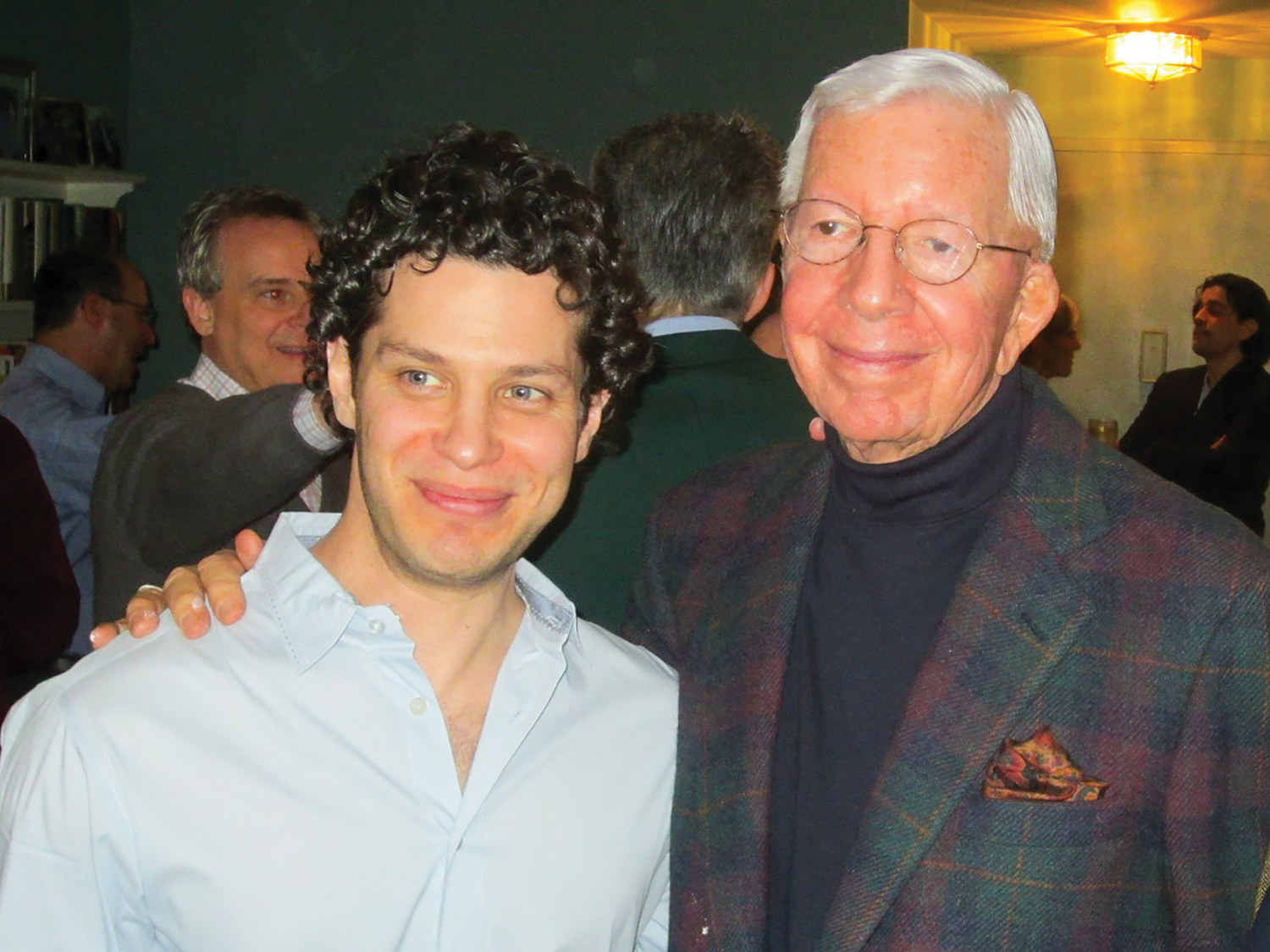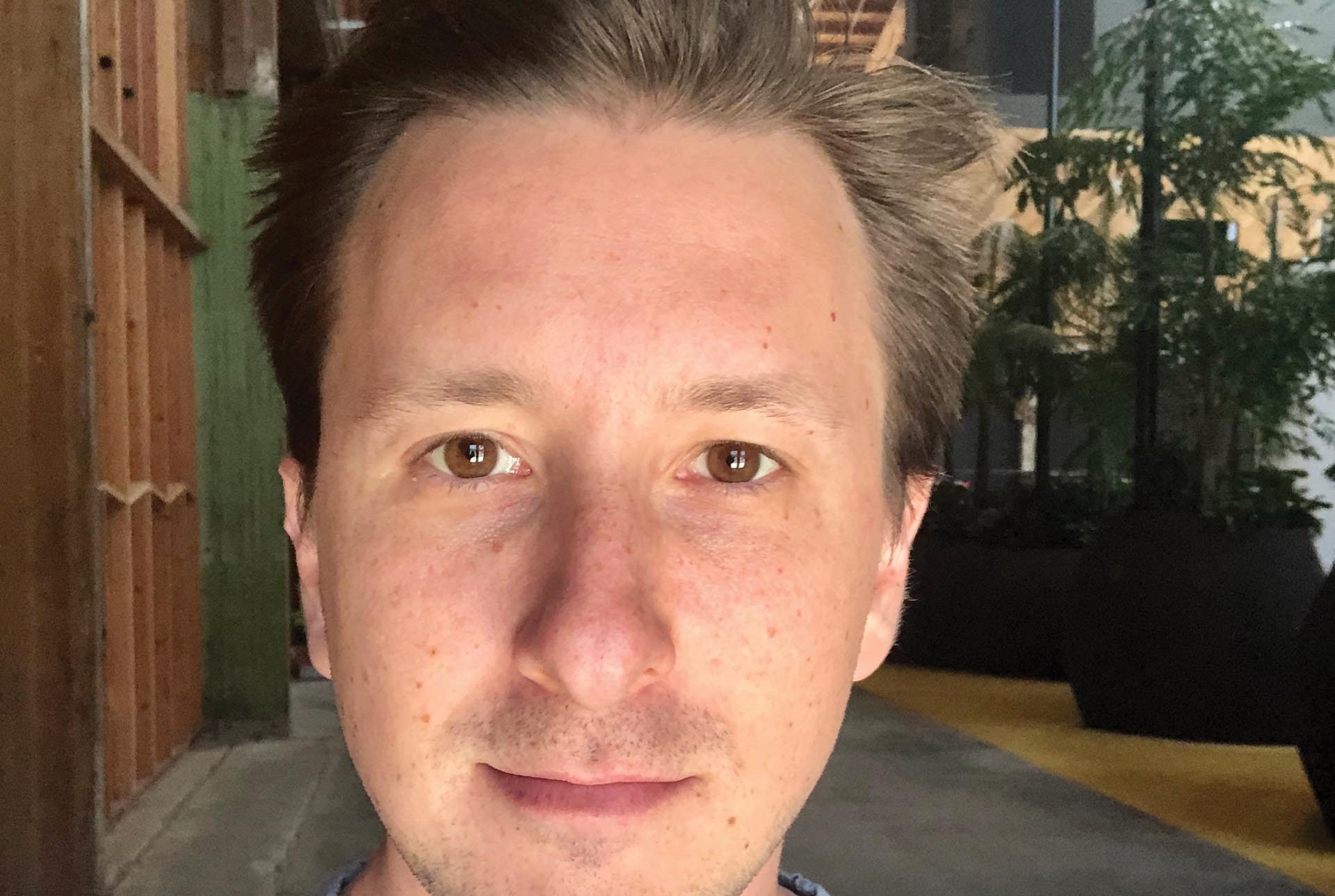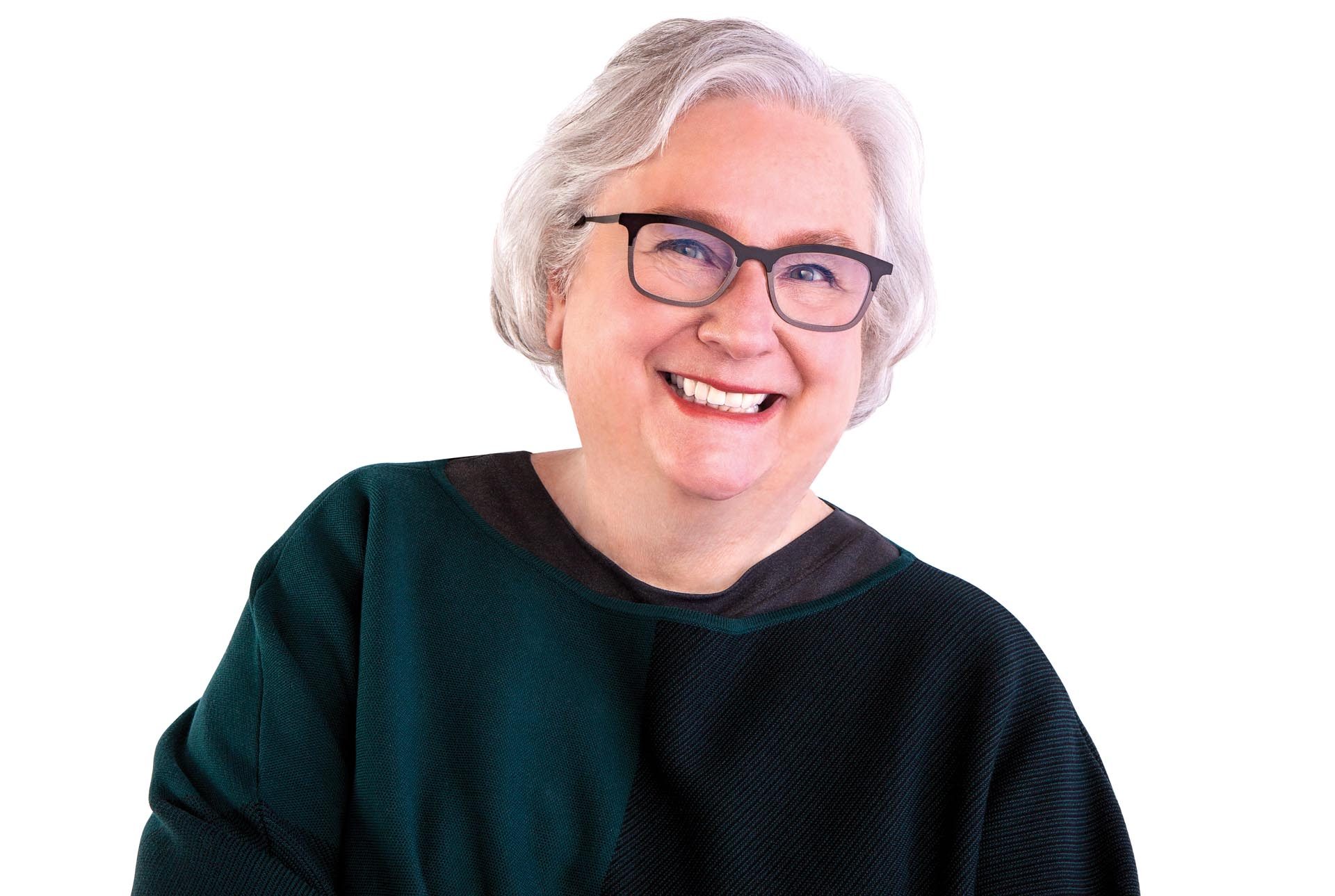Facts Matter

As fast-spreading falsehoods and rampant disinformation endanger democracy, Alan Miller ’76, and the nonpartisan News Literacy Project are building a critical mass of media-savvy skeptics.
Did you hear that the United States government torches crops to manufacture food shortages? Or that COVID booster shots killed three Canadian doctors? Or that Senator Lindsey Graham questioned whether people should have access to insulin?
Absurd as they might seem, these false claims have joined the torrent of unverified and outright false information flooding social media feeds. Misleading memes, out-of-context statistics, and doctored videos go viral by exploiting our fears, biases, and compulsions. And while manipulative media is nothing new, online falsehoods are increasingly contributing to real-world harm, like vaccine hesitancy, friends and family falling down conspiracy theory rabbit holes, and political violence.
“Misinformation and disinformation are existential threats to democracy,” says Alan Miller ’76. “Unless we find a way to counter them, they threaten to undermine our public health as well as our public life. This has truly emerged as one of the great challenges of our time.”
Miller is the founder of the News Literacy Project (NLP), a Washington, D.C.-based nonpartisan nonprofit devoted to making ordinary people into smarter news consumers. Originally created in 2008 to augment students’ critical-thinking skills, more recently the organization has begun reaching out to people of all ages, with a virtual classroom and other free resources to help them distinguish between credible news and questionable content. As tech companies and policymakers struggle to rein in disinformation, Miller sees skeptical, civically engaged, media-savvy individuals as the best defense against fictions that spread faster than facts.
“News literacy,” he says, “is a survival skill for the 21st century.”

A Growing Concern
Leading the News Literacy Project is Miller’s second act. After earning a bachelor’s degree in English at Wesleyan, he spent 29 years working in newspapers, most of them as an investigative reporter in the Washington, D.C., bureau of The Los Angeles Times, where he received the 2003 Pulitzer Prize for National Reporting for an investigative series on the Marine Corps’ Harrier attack jet. Even in the pre-iPhone era, Miller was growing concerned about blurring boundaries between online news and propaganda, and about what would happen as ad revenue dried up and credible publications shuttered or hollowed out. Meanwhile, he says, legacy media frequently fell short of explaining their standards for verification and accountability. “As an industry, we did a poor job of telling the public what we did, how we did it, and why, and it left us open to all kinds of attacks and self-inflicted wounds.”
Then, in 2006, Miller spoke to an audience of 175 sixth graders—his daughter’s classmates—about his work as well as the broader value of journalism. Two weeks later at his 30th Wesleyan reunion, he joined Ethan Bronner ’76—now a senior editor at Bloomberg News—for a panel discussion on the future of news, moderated by Alberto Ibargüen ’66, then the newly minted president and CEO of the John S. and James L. Knight Foundation. Subsequently, Miller told Ibargüen that he was mulling the impact journalists could have by sharing their expertise in the classroom, and how teaching students to think like journalists could improve their critical-thinking skills.
“My colleagues in the newspaper business were reporting on [digital media], but they were resisting digital media,” Ibargüen says. “And here was Alan, who was giving it a full embrace and saying, ‘We’ve got to teach media literacy and start at the student level: They’ve already graduated to the technology, and we need to hurry up and have a discussion about the substance.’ I heard that message and I said, ‘Okay, we’re in.’” The Knight Foundation provided a $250,000 founding grant, and in 2008 Miller launched the News Literacy Project as its founder and leader.
New Urgency
The News Literacy Project has developed various educational resources over time, culminating with Checkology, its flagship electronic learning platform that launched in May 2016. Checkology offers 18 highly engaging lessons that give students a grounding in how to know what news and other information to trust, as well as understanding bias, misinformation, and the role of the First Amendment and a free press. There’s no ideological slant or preference for certain outlets; the News Literacy Project’s approach, Miller emphasizes, focuses on how to think and not what to think. A study published in Science Advances in August 2022 showed that educating audiences on misinformation tactics makes them more skeptical the next time they encounter untrustworthy content, and NLP’s own assessments have shown that using the Checkology platform can improve students’ inclination for civic engagement as well as their ability to spot credible journalism and other content.

To get a foothold in schools, Miller presented news literacy as a generational project, where young students could develop habits of mind that would last into adulthood. Since its launch, more than 370,000 students have used Checkology. To date, NLP has connected with more than 55,000 educators in all 50 states. In 2019, the Knight Foundation awarded NLP another grant, this time for $5 million for five years, to expand NLP’s reach and impact.
In recent years, Miller says, it became increasingly clear that news literacy education was an urgent need for all ages; one study revealed that older news consumers were most likely to share false information. Moreover, people were increasingly being lured into alternative realities on social media. “By the time we got to the pandemic, there was a rise of conspiratorial thinking, when conspiracy theories moved from the dark corners of the web on to the streets and into the halls of the Capitol,” Miller says. “Misinformation is such an urgent threat to democracy that we decided we could not simply educate the next generation, that we needed to reach all generations.”
There’s no ideological slant or preference for certain outlets; the News Literacy Project’s approach, Miller emphasizes, focuses on how to think and not what to think.
Hence, in 2020, NLP broadened its offerings for the general public. This included a version of Checkology less focused on the classroom; a version of its weekly newsletter that debunks the latest viral rumors, conspiracy theories, and hoaxes called Get Smart About News; and a podcast called Is that a fact? The nonprofit had already developed a smartphone app called Informable that tests and builds news literacy skills for all ages. This fall, NLP took its next major step to engage and educate the general public by launching RumorGuard, a platform that will provide fact-checks of major viral rumors and training for the public to learn basic fact-checking skills such as reverse-image searching and lateral reading. Miller has gained growing recognition for his work with NLP. He was named one of the 2020 Washingtonians of the Year and received the prestigious 2022 AARP Purpose Prize.
Miller, who’s still with the News Literacy Project full-time after stepping down as CEO last summer, is now hopeful about spurring a news literacy movement, comparing it to campaigns against once-intractable issues like smoking and littering. And while Miller knows that a news literacy crusade won’t change the most hardened minds, the stakes are too high not to try.
“When people see news and information through prisms of red and blue, they tend to see the world in black and white. This is how we get to a place where we not only can’t agree on basic facts, but we can’t even agree on what a fact is,” he says. “Facts are the central nervous system of our public life. They’re the basis of what we teach in our schools, of scientific inquiry, of effective public policy debates and decisions. They are certainly not partisan. And if facts are in trouble, so is democracy.”



